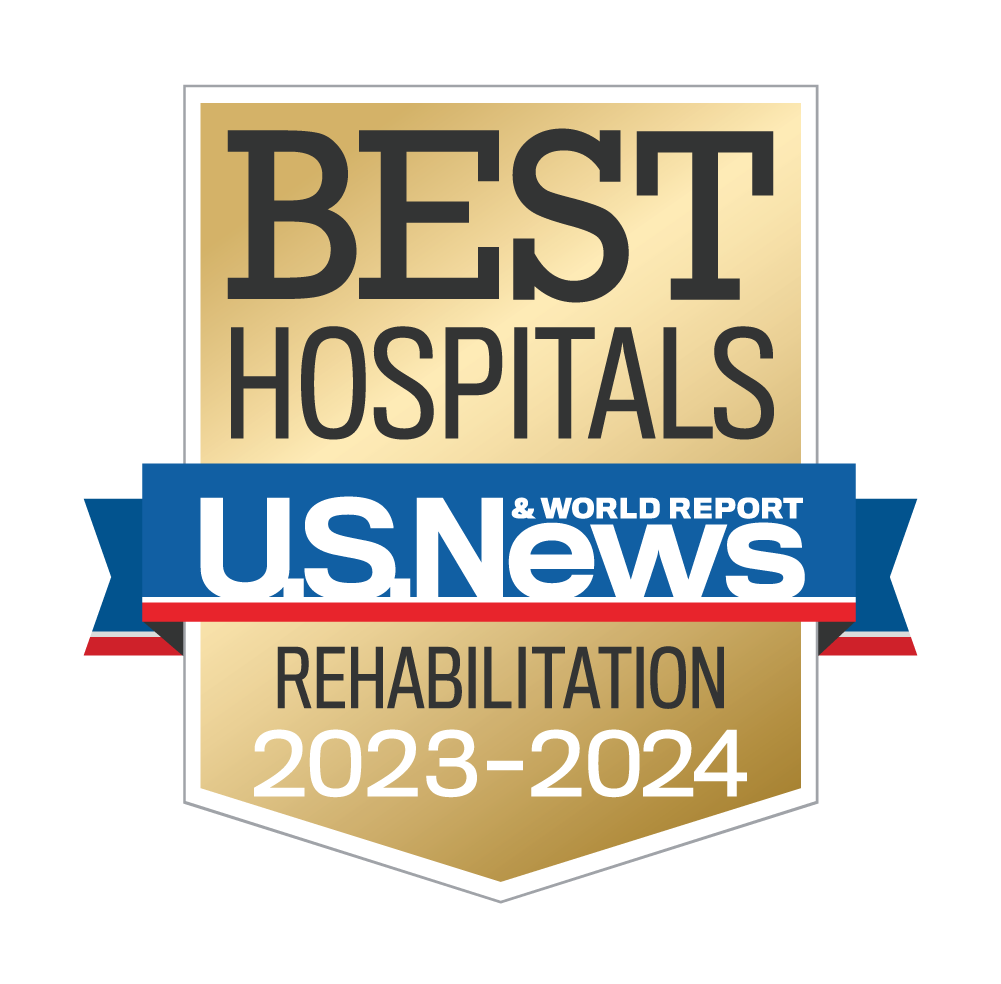Sign up for our e-newsletter to be kept up to date about our studies, future study opportunities and general resources related to the area of women's health issues for women with disabilities.
Connect with us
E-Newsletter
Our social media
Nearly 6 million American women and girls have physical disabilities. Characterized by impaired mobility, physical disability creates many social, psychological and health challenges. Gynecological and reproductive health is essential to the overall health of all women. But, many women and girls with physical disabilities must endure environmental barriers and ill-informed systems of care to receive the health care they need. They also often face bias and discrimination when seeking the healthcare they deserve.
Our Studies
Developing a Clinical Outcome Measure for Women’s Health and Disability
This project, funded by the National Institutes of Health, is developing the first patient reported outcome that is exclusively focused on the health of women with physical disabilities. A patient reported outcome is information directly from the person themselves about a health problem or other situation. They are being used more and more in healthcare in addition to evaluation by a healthcare provider.
Our work will result in the first patient reported outcome ever developed to help physicians and other health care professionals understand the health related quality of life of their female patients with physical disabilities. It will also help women talk with their health care providers about their concerns that are sometimes hard to bring up.
Making Decisions about Pregnancy
Making a decision whether or not to get pregnant can be an exciting and scary time for anyone, but when a woman has a physical disability these emotions are often more intense. Although women with disabilities want to be mother’s as much as their peers without disabilities, they are much more likely to be uncertain about whether they will be able to.
Women with disabilities often struggle to find good information about the risks of pregnancy or know the questions they need to ask and whom to ask. The new decision making tools we are creating will help women and their health care providers navigate this important decision.
Therefore we are currently working on two decision-making tools. When people make important decisions about their health, decision making tools can be helpful to learn important information about the decision and how it might affect them. It can also help promote shared decision making. Shared decision making means that the patient and the healthcare provider work together to decide the best course of action. One of the tools is designed for women with physical disabilities and the other is for women with spinal cord injury.
These tools were designed by researchers and women with physical disabilities to help women think about different aspects of pregnancy and how these may affect their health and wellbeing. They are meant to help them make a decision that is right for them. They also contains worksheets that women can use to explore topics that are relevant for them.
Women with Physical Disabilities
We recently enrolled over 30 women with physical disabilities to pilot test our new decision-making tool. Participation in this study involved using the tool for 3 months and completing a short online survey at the beginning, middle and end of this 3 month period. Participants were also asked to keep a simple log of the dates they used the tool and any comments they had about using it. Now that we have this feedback, we plan to update the tool to make it more usable and beneficial.
This project is funded by the National Institutes of Health.
Women with Spinal Cord Injury
Our decision-making tool for women with SCI will be ready for pilot testing within a few months. Once we are ready to enroll participants we will have all of the information posted here.
This project is funded by the Craig H. Neilsen Foundation.



